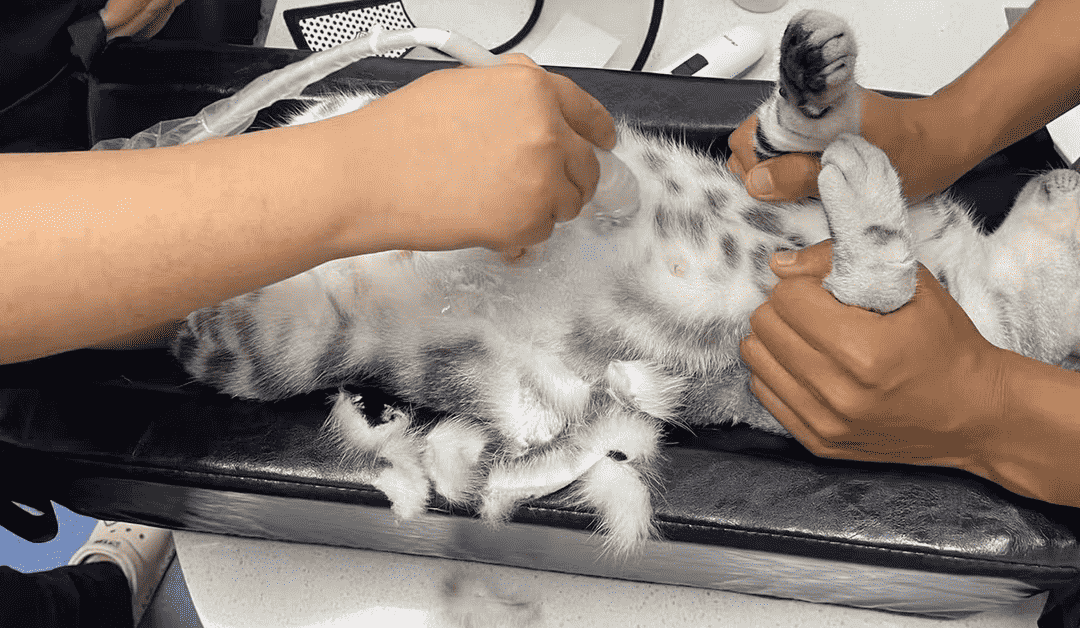People are rearing pets now more than ever before. Few individuals may be seen walking dogs if you take a stroll through a park or even just walk through the streets. In reality, a lot of locations now accept pets, and several locations have pet cafés available. People want pets for different reasons. Some people want to keep them as loyal friends and companions, some people want to keep them for their beauty, and some people keep them for their unusual and unique traits. People have been keeping pets for a long time. The first known dogs were domesticated over 14,000 years ago. Since then, people have continued to keep all kinds of animals as their own, including dogs, cats, birds, rabbits, hamsters, fish, and more. People are becoming more and more interested in keeping pets. In fact, the pet industry is growing. In the United States, the pet industry is a $72 billion industry. This industry is expected to continue to grow. Some people are choosing to adopt pets from shelters instead of buying them from breeders or pet stores.
In the United States alone, almost 25 million animals are used for experimentation every year. Dogs, cats, bunnies, pigs, lambs, monkeys, and other creatures are among them. They are confined to small cages where they are force-fed chemicals, have holes drilled into their skulls, and suffer other painful procedures. The lucky ones are euthanized when their torment is over. Many others, however, are abandoned and often die because they are ill and have no way to care for themselves. There is no law that requires laboratories to find homes for the animals they no longer need, so the fate of these creatures is often left to the discretion of individual scientists. As a result, many animals used in experiments are simply killed when the research is done. There are a number of animal rights organizations, such as People for the Ethical Treatment of Animals (PETA), that work to expose the cruelty of animal testing and lobby for stricter regulations. These groups also provide support to scientists who want to find alternatives to using animals in their research.
Animal experimentation is sometimes referred to as “animal testing,” “animal experimentation,” and “animal research.” It is used to evaluate a product’s safety and effectiveness as well as to comprehend how the human body functions. There are three types of animal experiments: In-vitro experiments are conducted using cells or tissues that have been removed from the body. In-vivo experiments are conducted using living animals. In silico experiments are conducted using computer models. Animal experimentation is considered to be a necessary evil by some people while others believe that it is an inhumane and cruel practice. The debate surrounding the ethics of animal experimentation is complex and often emotional. Those who support animal experimentation do so for a variety of reasons. They argue that animal experimentation is necessary for the advancement of medical science and that it has led to the development of lifesaving treatments and vaccines. They also argue that the animals used in experiments are well cared for and that their rights are protected by law. Those who oppose animal experimentation do so for a variety of reasons. They argue that it is cruel and inhumane to use animals for experimentation. They also argue that there are alternative methods of research that do not involve the use of animals.
The testing industry often subjects animals to tests that are on the verge of becoming torture. Animals are often bred particularly to be experimented on. The tests performed on animals are often painful and sometimes deadly. Animals experience fear and suffering during experiments. Animals are not able to give consent to be experimented on. Test subjects may be forced to become addicted to drugs, or be exposed to HIV or other deadly diseases. In addition to the ethical problems associated with animal testing, there are also scientific problems. Animals react differently to drugs and other substances than humans do. This means that the results of animal testing may not be accurate when applied to humans.
About the author: Dr. Faith Whitehead; is a licensed veterinarian and researcher.


